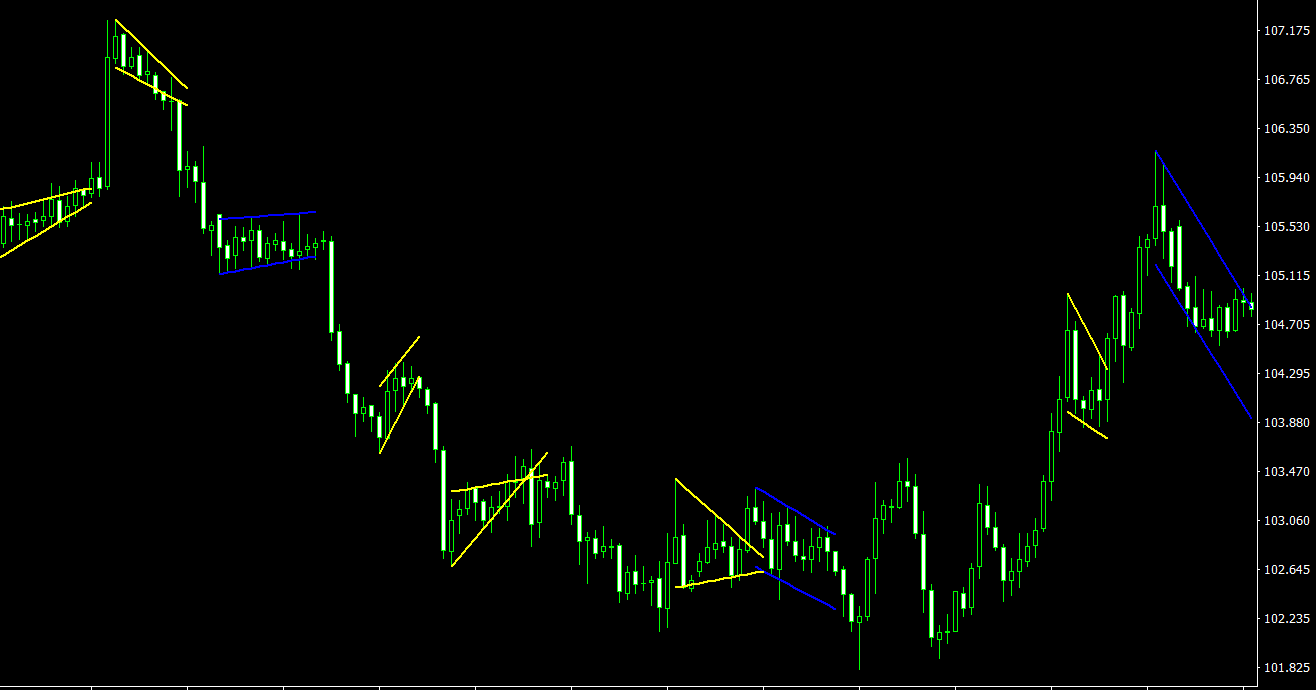The foreign exchange market, or forex market, is a highly competitive and lucrative space that attracts a multitude of investors and traders from around the world. However, with the increasing popularity of forex trading, the market has also attracted its fair share of unscrupulous individuals looking to exploit unsuspecting traders. In this article, we will delve into the typical forex broker scams that traders may encounter and provide tips on how to avoid falling victim to such scams.
- Unregulated Brokers
One of the most common scams in the forex market involves unregulated brokers. These brokers operate without proper licenses or regulatory oversight, which leaves traders unprotected and vulnerable to unfair business practices. Unregulated brokers may manipulate prices, prevent withdrawals, or simply disappear with traders’ funds.
How to avoid: Always choose a forex broker that is regulated by a reputable financial authority, such as the U.S. Commodity Futures Trading Commission (CFTC), the UK’s Financial Conduct Authority (FCA), or the Australian Securities and Investments Commission (ASIC). By trading with a regulated broker, you can ensure that your funds are protected and that the broker is held accountable for its actions.
- Price Manipulation
Some dishonest brokers may engage in price manipulation to generate profits at the expense of their clients. This can include practices such as stop hunting, where the broker intentionally pushes the price to hit traders’ stop-loss orders before the market reverses, or artificial price spikes to trigger margin calls.
How to avoid: Choose a broker that offers transparent pricing and has a reputation for fair dealing. Look for brokers that use Electronic Communication Networks (ECNs) or Straight-Through Processing (STP) systems, which provide direct market access and minimize the potential for price manipulation.
- Requotes and Slippage
Requotes occur when a broker refuses to execute a trade at the requested price, instead offering a new, less favorable price. Slippage refers to the difference between the expected price of a trade and the actual price at which it is executed. While both requotes and slippage can occur due to natural market conditions, dishonest brokers may use these tactics to intentionally widen spreads or delay trade executions, leading to reduced profits or increased losses for traders.
How to avoid: Look for brokers that offer fast trade execution and minimal slippage. Read reviews and testimonials from other traders to gain insights into the broker’s reliability and performance. Also, consider using a broker that offers a no-requotes policy, which guarantees that trades will be executed at the requested price or not at all.
- High Pressure Sales Tactics
Some forex brokers may employ high-pressure sales tactics to convince traders to invest large sums of money or take on excessive risk. These brokers may make unrealistic promises about potential returns or encourage traders to use excessive leverage, leading to significant losses.
How to avoid: Be wary of brokers that pressure you into making hasty decisions or investing more than you are comfortable with. Remember that forex trading carries inherent risks, and no broker can guarantee consistent profits. Stick to your trading plan and risk tolerance, and never invest more than you can afford to lose.
- Bonus Scams
Many forex brokers offer bonuses or promotions to attract new clients, such as deposit bonuses, cashback rewards, or free trading credits. While these offers can be legitimate, some brokers use bonus schemes to lock in traders’ funds or impose unfair conditions that make it difficult to withdraw profits.
How to avoid: Read the terms and conditions of any bonus or promotion carefully before accepting it. Ensure that you understand any restrictions or requirements associated with the offer, such as minimum trading volumes or withdrawal limitations. If a broker’s bonus offer seems too good to be true, it probably is.
- Signal Seller Scams
Signal sellers are individuals or companies that claim to provide expert trading signals, usually for a fee. While some signal sellers may be legitimate, many are scams that prey on inexperienced traders looking for quick profits. These scammers may provide fake or manipulated signals that lead to losses or require traders to subscribe to expensive services that offer little value.
How to avoid: Be cautious of any signal seller that promises guaranteed profits or makes extraordinary claims about their performance. Before subscribing to a signal service, conduct thorough research and consider seeking recommendations from experienced traders. Remember that there is no shortcut to success in forex trading, and it’s essential to develop your trading skills and strategies.
- Phishing Scams
Phishing scams involve cybercriminals posing as legitimate forex brokers or trading platforms in an attempt to steal personal information or funds. These scammers may send emails, create fake websites, or use social media platforms to target unsuspecting traders.
How to avoid: Always verify the legitimacy of any communication you receive from a forex broker or trading platform. Never click on suspicious links, download attachments, or provide personal information unless you are sure of the source. Use strong, unique passwords for your trading accounts, and consider using two-factor authentication for added security.
- Managed Account Scams
Managed account scams involve fraudulent companies or individuals who offer to trade on behalf of clients in exchange for a fee or a share of the profits. These scammers may manipulate trading results, charge excessive fees, or simply disappear with clients’ funds.
How to avoid: Be cautious of any managed account service that promises high returns with minimal risk. Before entrusting your funds to a managed account provider, conduct thorough research and consider seeking referrals from trusted sources. Remember that no one can guarantee consistent profits in forex trading, and it’s crucial to maintain control over your investments.
Conclusion
Forex trading offers numerous opportunities for profit, but it also attracts its fair share of scams and fraudulent schemes. By being aware of the typical forex broker scams and following the tips provided in this article, you can protect yourself and your hard-earned money.
Always choose a regulated broker, be cautious of high-pressure sales tactics and unrealistic promises, and remain vigilant against potential phishing scams. Ultimately, the key to success in forex trading lies in education, discipline, and continuous improvement. By staying informed and exercising caution, you can minimize the risks associated with forex trading and maximize your chances of success in the market.



